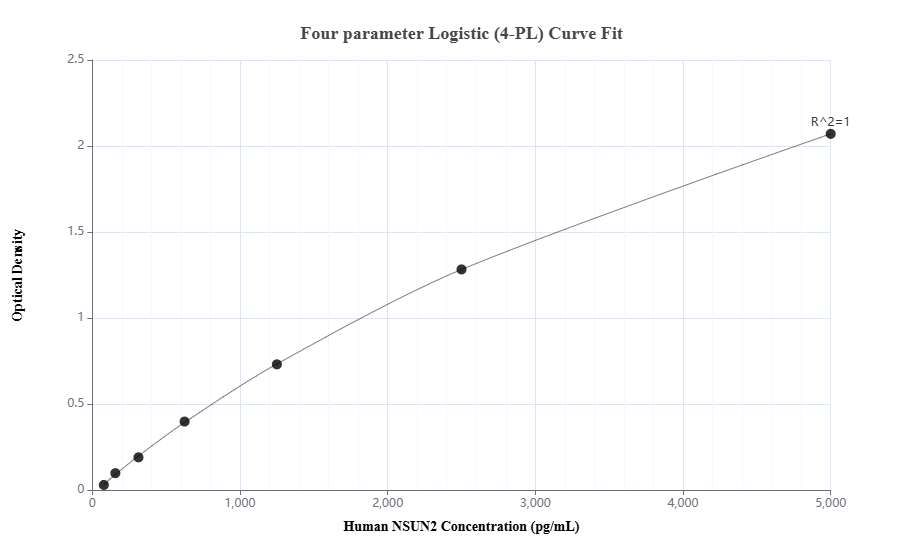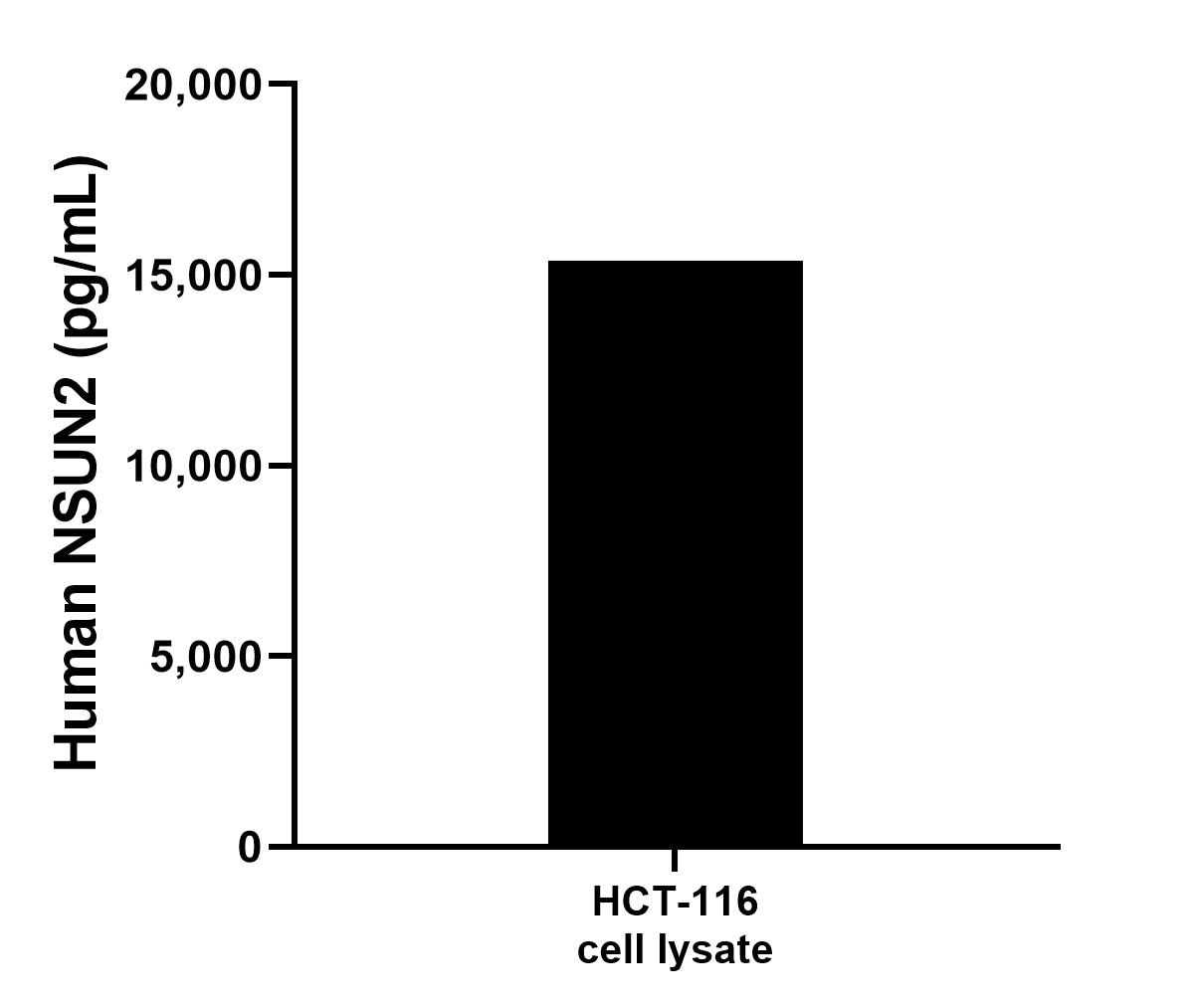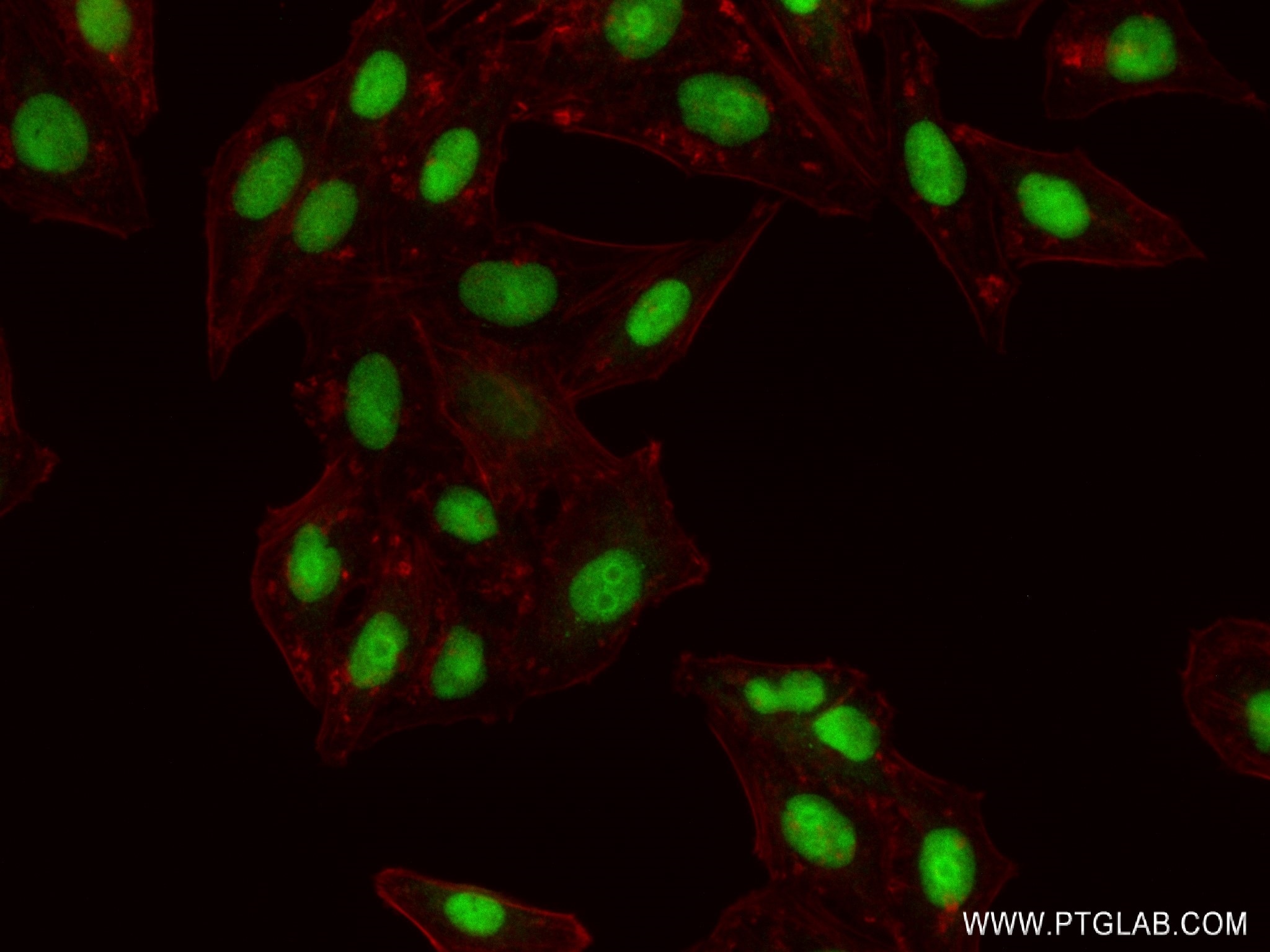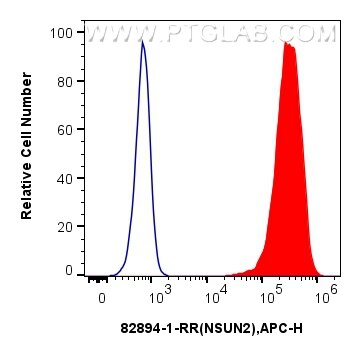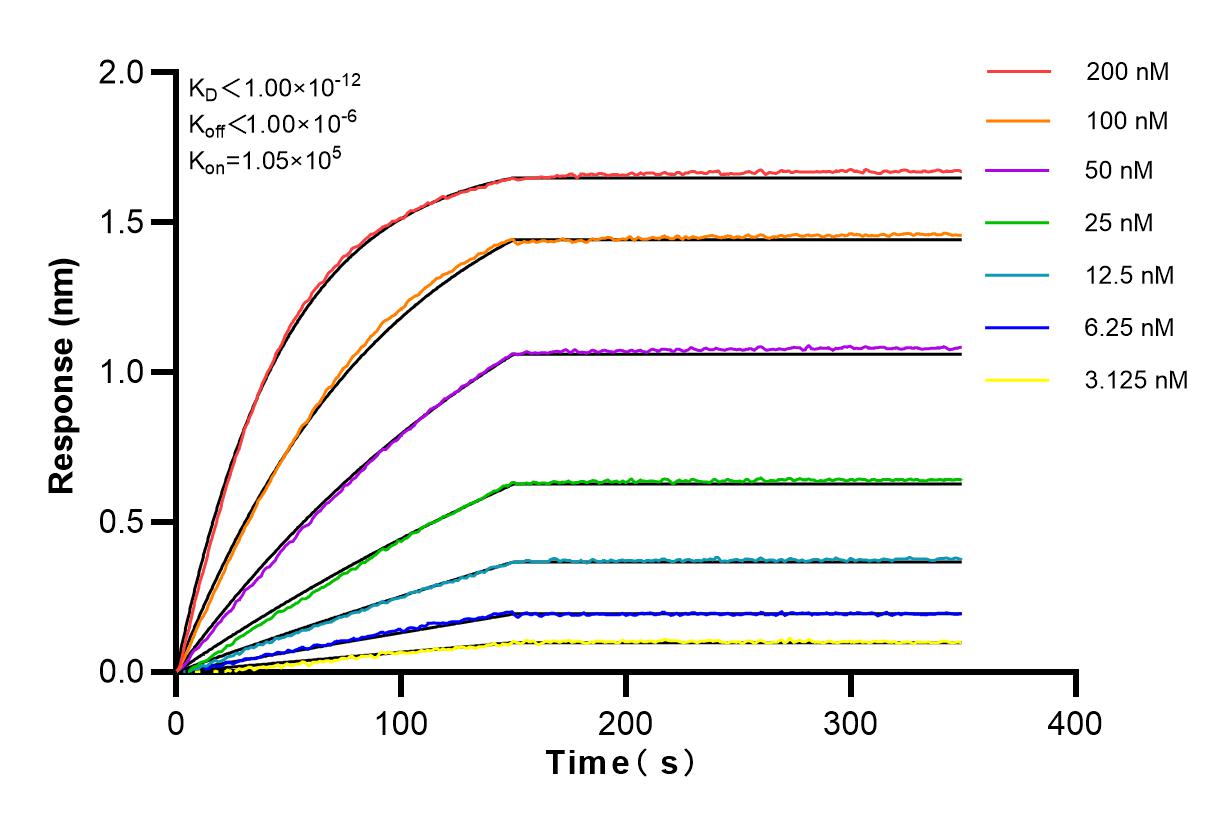Product Information
82894-1-PBS targets NSUN2 as part of a matched antibody pair:
MP00112-3: 82894-9-PBS capture and 82894-1-PBS detection (validated in Sandwich ELISA)
Unconjugated rabbit recombinant monoclonal antibody in PBS only (BSA and azide free) storage buffer at a concentration of 1 mg/mL, ready for conjugation. Created using Proteintech’s proprietary in-house recombinant technology. Recombinant production enables unrivalled batch-to-batch consistency, easy scale-up, and future security of supply.
This conjugation ready format makes antibodies ideal for use in many applications including: ELISAs, multiplex assays requiring matched pairs, mass cytometry, and multiplex imaging applications.Antibody use should be optimized by the end user for each application and assay.
| Tested Reactivity | human |
| Host / Isotype | Rabbit / IgG |
| Class | Recombinant |
| Type | Antibody |
| Immunogen | NSUN2 fusion protein Ag14791 Predict reactive species |
| Full Name | NOL1/NOP2/Sun domain family, member 2 |
| Calculated Molecular Weight | 767 aa, 86 kDa |
| GenBank Accession Number | BC001041 |
| Gene Symbol | NSUN2 |
| Gene ID (NCBI) | 54888 |
| Conjugate | Unconjugated |
| Form | Liquid |
| Purification Method | Protein A purification |
| UNIPROT ID | Q08J23 |
| Storage Buffer | PBS only, pH 7.3. |
| Storage Conditions | Store at -80°C. |
Background Information
NSUN2, also known as SAKI or Misu (Myc-induced SUN-domain-containing protein), is a methyltransferase which catalyses (cytosine-5-)-methylation of tRNA. NSUN2 is direct target gene of c-Myc and may act downstream of Myc to regulate epidermal cell growth and proliferation. NSUN2 is overexpressed in various cancer tissues and may be a valuable target for cancer therapy and a cancer diagnostic marker. Recently a splicing mutation in NSUN2 has been identified as the cause of a Dubowitz-like syndrome, an autosomal recessive disorder.
